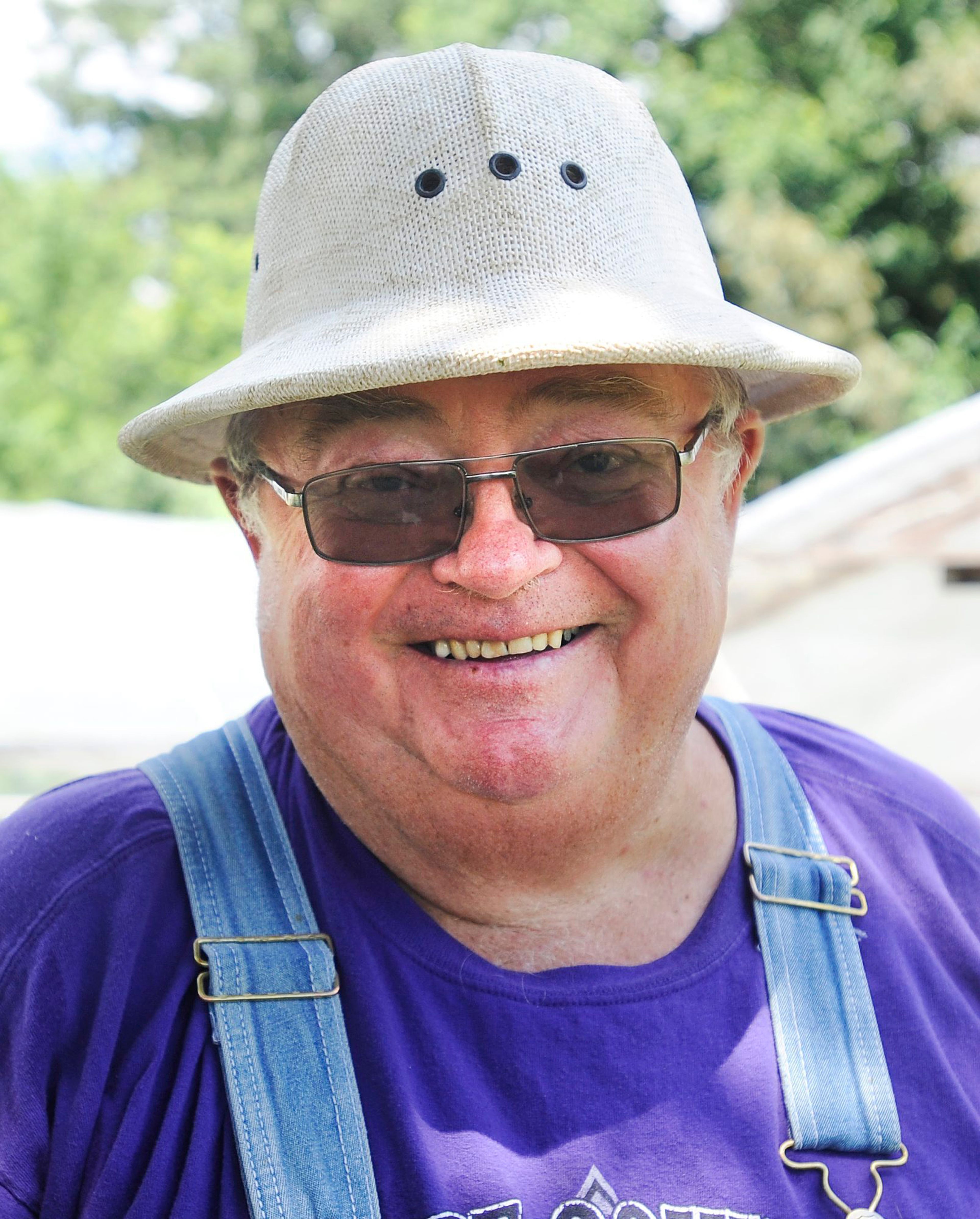Phillips: Generations who knew poverty
Phillips explores the resilience of families who endured the Great Depression and Dust Bowl, shaping a legacy of thrift and hard work.
My parents and Marge’s parents were born in the early 1900s. Both of our parents grew up around settlers who moved to the Sandhills of Nebraska to start a life there and hopefully a better life. My grandparents traveled to the Sandhills in wagons pulled by, probably, mules. They built homes from materials that were available, which was sod. They learned how to do without or to fill the needs by their own ingenuity or efforts. They were naturally “thrifty” or careful where they spent their pennies and nickels.
But in about 1929, a Great Depression hit the world economy, and it lasted for about a decade. Both my sisters were born in the 1930s, so they experienced some of the negative side effects. There were jobs in the rural communities, but many during this time period couldn’t find a job. Then in about 1930, a giant dust bowl was formed down in Kansas and Oklahoma and it reached up into southern Nebraska. Also in this time period, giant swarms of grasshoppers would move though the country, and they’d strip the plants and leave stubble. So with all these negatives, Marge’s parents and my parents never experienced a life of plenty. Late 60-year-olds or 70- or 80-year-old’s parents went through this 10 to 15 years of very little. To top all this off, at the end of the 30s came World War II and rationing.
Growing up, Marge and I had very similar backgrounds. Both of us were born on a ranch where cattle were the primary source of income. Marge’s Dad raised black angus and Dad raised herefords. Marge’s parents as well as mine had a big garden where most of the family’s veggies came from. Both had an extensive potato patch where hopefully a year’s supply of potatoes came from. Both raised sweet corn. Both butchered a beef each year, as well as a hog or two. Both raised chickens to butcher, as well as lay eggs. Both milked a cow, so there was always milk and cream. The necessities were met by being thrifty and working hard.
But one kept whatever came along just in case you might need it later. My Grandma baked all her bread, but Mom and Marge’s Mom used mostly store-bought bread. Bread sacks were kept just in case. Coffee came in about 1-gallon metal containers. These were kept for sure. Sometimes jelly came in glass cups. They became drinking glasses. Pants with holes weren’t in style, but wearing patched jeans was common. I remember jeans that were mostly patched. Usually got a new pair of shoes when school started. That was it. One thing we seemed to always have was clean underwear. Every time we went somewhere, Mom would make sure we had on clean underwear just in case of an accident, such as a car wreck. Not the stinky kind of accident. Our drink at home was separated milk, which was similar to 1%, or coffee or water. Might get a pop now and then and no more than one a week. Mom and Helen, Marge’s Mom, both had brand new towels that had never been used. They wanted to get all they could out of a threadbare towel before it became an oil rag. Dad and Keith, Marge’s Dad, fixed whatever broke. So they welded and brazed and figured how to fix whatever. Nothing was thrown away. Nothing.
Marge and I are not quite as bad at keeping everything, but close. Our boys are dreading the day they have to clean out my shop or my old worn out machinery pile or the machine shed or Marge’s closets or the upstairs or the basement or the porch. Much of this is how we grew up. We eat out only now and then simply because eating out is expensive. We wear our everyday duds until they are shot because they are more comfortable, as well as new ones are expensive.
Be patient with the old folks. They have lived from almost nothing to experience $80,000 pickups and $10,000 horses and $8 to $20 chickens and $2 pops.
Phillips began life as a cowboy, then husband and father, carpenter, a minister, gardener and writer. He may be reached at phillipsrb@hotmail.com.
Connect with the Southeast Missourian Newsroom:
For corrections to this story or other insights for the editor, click here. To submit a letter to the editor, click here. To learn about the Southeast Missourian’s AI Policy, click here.










